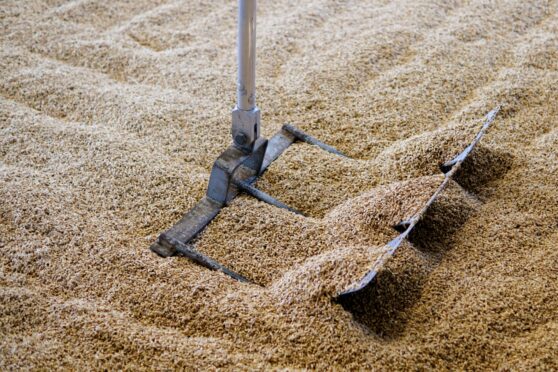NFU Scotland has had its say on the introduction of digital grain passports (DGP) and says it remains unconvinced that moving to a digital system will be better than a paper system.
The union first challenged the proposed introduction of DGP in November 2022 and a consultation on the latest proposals opened in late November 2023 and closed last Friday.
It has revealed that most of its members remained unsupportive of the introduction of digital grain passports, stating that three of the six key criteria, around being fit for purpose, data ownership and data usage had been met.
However, criteria around accessibility, efficiency and proportionate costs versus benefits had not.
Members remain unsupportive
Over the past year, NFUS has been part of the leadership, development and data stakeholder groups looking at the business case for implementing a digital passport for combinable crop movements.
At the start of the latest consultation, the union stated that technology was the way ahead for the industry, but that technology had to have a genuine benefit for growers and, in the case of DGP, it needed to satisfy all six key criteria that NFUS originally highlighted.
Willie Thomson, chair of NFUS’ combinable crops committee Willie Thomson has been involved in the DGP leadership group.
He said: “We welcome engagement with AHDB over digital grain passports but we remain unconvinced that moving to a digital system will be better than a paper system.
Current paper-based system works well for farmers and merchants, says union
“The combinable crops committee considered that only three of the six key tests had been met. Our members do not feel that this would be a positive move for industry.
NFUS head of policy team Gemma Cooper, who is policy lead on DGP added: “We understand the need to move with the times on data recording and systems in agriculture.
“However, in this case, our members felt overwhelmingly that the proposals would be difficult to work with in practice. The current paper-based system seems to work well for farmers and merchants because it is simple and cost effective.”

